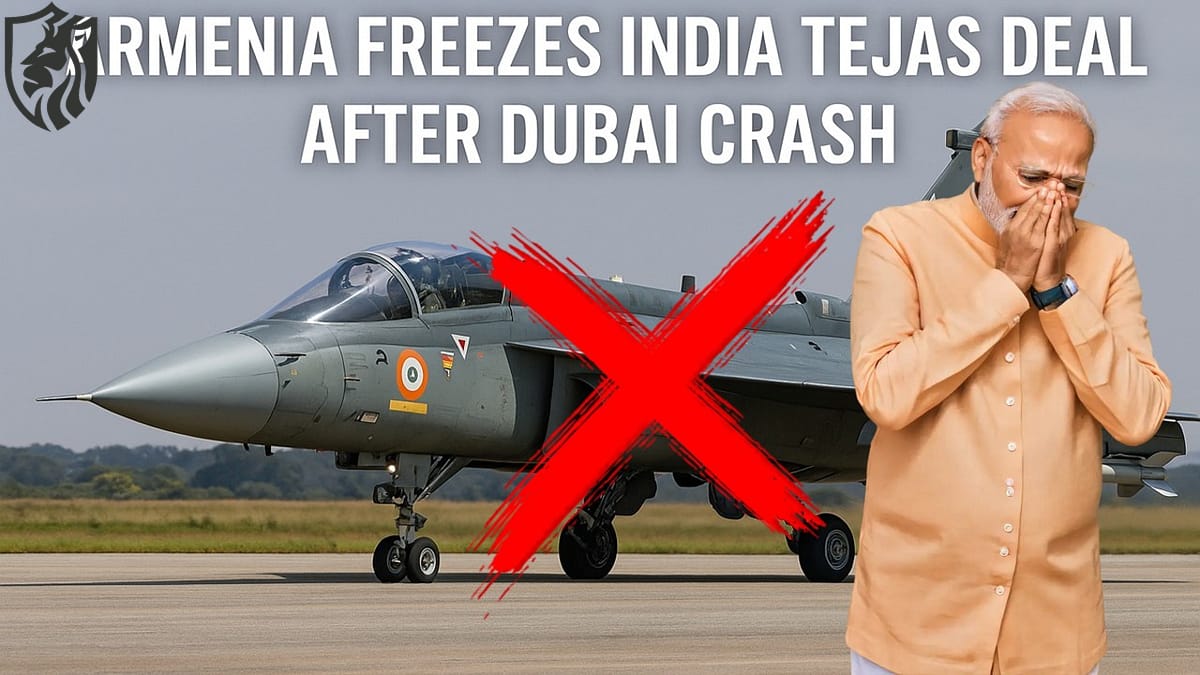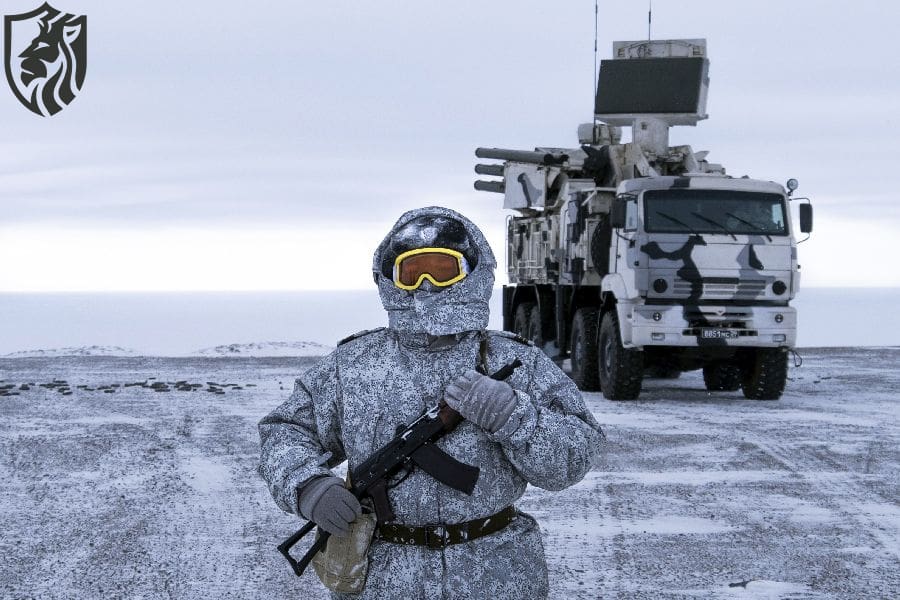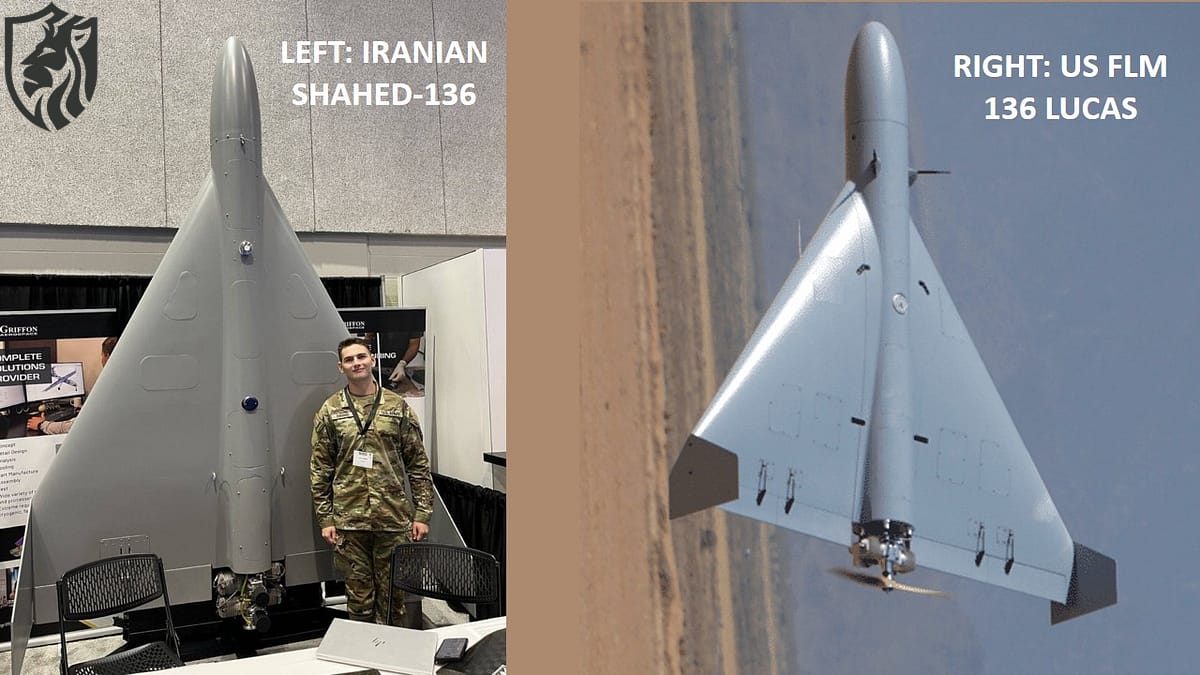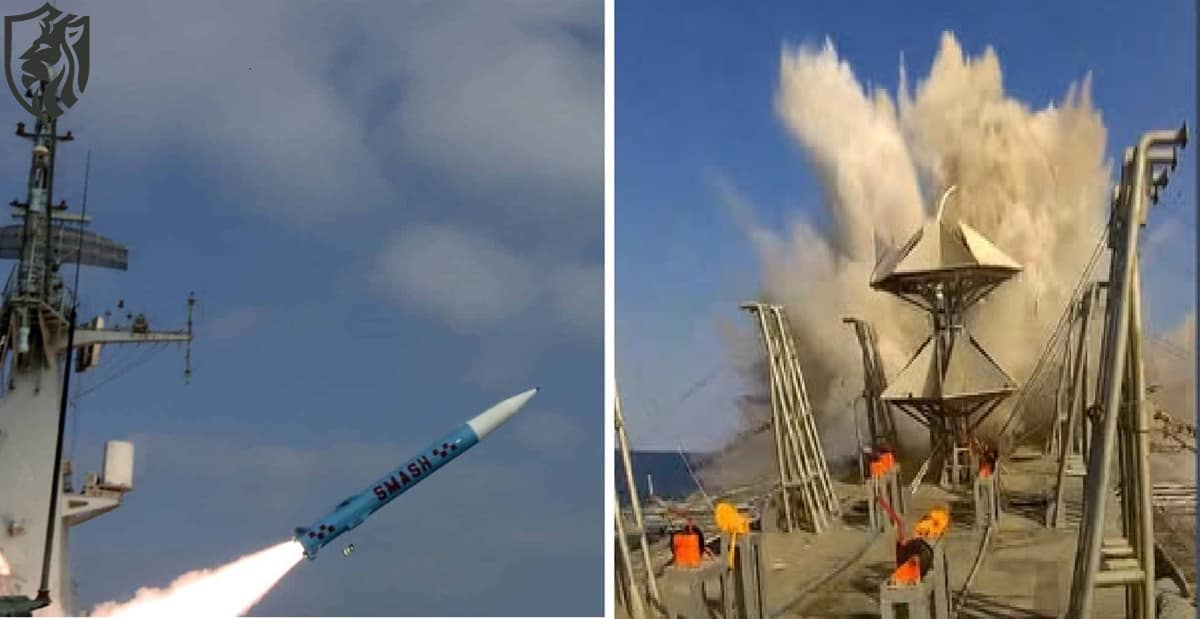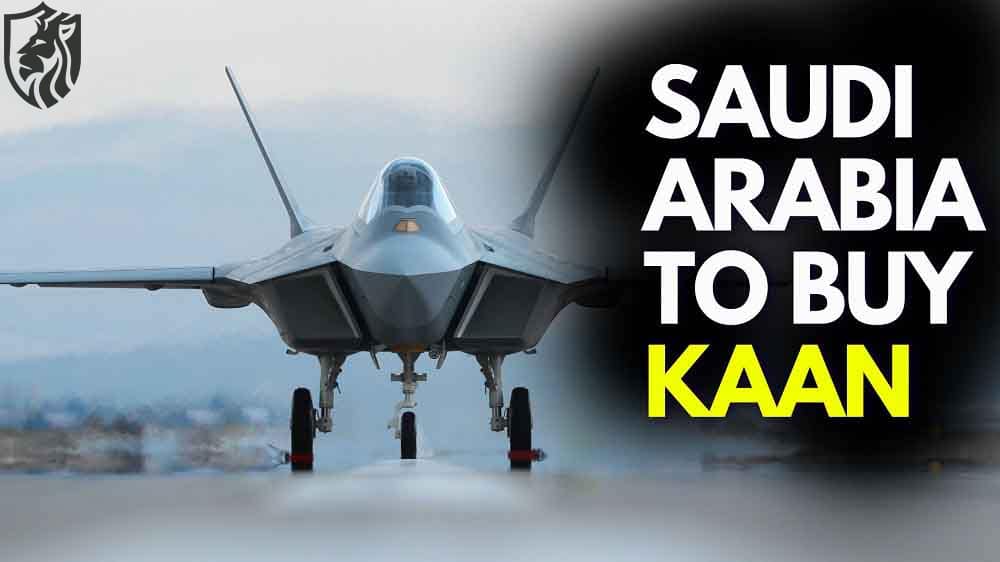
Saudi Arabia is said to be in talks to buy 100 KAAN fifth-generation fighter jets from Turkey. This potential deal could change the defense situation in the region and increase Turkey’s role as a primary defense supplier. This move would be a big win for Turkish defense sales and strengthen the relationship between the two countries.

A Change in Defence Strategy
Saudi Arabia’s desire for KAAN fighter jets shows its plan to broaden its military suppliers. Usually reliant on Western allies like the United States and Europe, Riyadh is now looking for advanced technology from partners outside of the West.
This step supports Saudi Vision 2030, which aims to localize defense production and lessen its reliance on foreign companies. By working with Turkey, Saudi Arabia secures modern military technology and enhances its defense manufacturing.
Enhancing Saudi-Turkish Defence Relations
The possible purchase follows prior acquisitions from Turkey, such as the Bayraktar Akıncı drones and Ejder Yalçın armoured vehicles. These purchases signal growing confidence in Turkish defense capabilities. In addition, both countries have discussed joint manufacturing and technology sharing, which could improve Saudi Arabia’s defense independence.
Improved interactions between Saudi Arabia and Turkey have allowed for this cooperation. After years of tension, the two nations are now building close ties in areas like defense, energy, and trade. This teamwork suggests a new phase of mutual growth and regional stability.

The KAAN Fighter Jet: A Significant Development
Created by Turkey’s TAI (Turkish Aerospace Industries), the KAAN fighter jet is a fifth-generation aircraft built for modern combat needs. With stealthy features, excellent manoeuvrability, and advanced systems, the KAAN would be a strong addition to any aviation force.
If Saudi Arabia proceeds with the deal, it would gain a multi-role platform for various missions, from air superiority to precision attacks. The KAAN also marks a key achievement for Turkey’s defense industry, showcasing its capacity to create high-quality military technology. This sale would affirm Turkey’s role in the global arms market.
Effects on the Global Defence Market
Saudi Arabia’s shift towards Turkish military technology reflects wider patterns in the global defense field. In August 2024, the US lifted a ban on bomb sales to Saudi Arabia, yet Riyadh is still diversifying its sources. This diversification shows a strategy to avoid heavy dependence on one supplier and to seek other partnerships.
For Turkey, this deal would be a success for its defense sector, which has grown significantly recently. Selling KAAN fighter jets would boost Turkey’s standing as a trustworthy supplier of advanced military equipment.
Joint Production and Vision 2030
A key aspect of this possible deal is the focus on joint production. Saudi Arabia’s Vision 2030 aims to produce 50% of its military equipment locally by 2030. Teaming up with Turkey on the KAAN project could speed up this objective, giving Saudi engineers and technicians chances to gain crucial experience.

Furthermore, joint production may lead to cost reductions and encourage innovation. By collaborating, both nations can use their strengths to develop new defense technologies.
Regional and Geopolitical Effects
This agreement could significantly affect security in the Middle East and beyond. Saudi Arabia’s buying advanced fighter jets may make its military stronger and could change the power balance in the region. Other nearby countries might find the move worrisome and could decide to improve their defense systems. On the political side, this partnership shows a change in alliances. By building closer ties with Turkey, Saudi Arabia signals to its usual Western partners that it is open to other options. The move might inspire other countries to do the same, increasing variety in the global defense industry.
Challenges and Considerations
Although the potential deal looks favourable, there are challenges ahead. The cost of getting 100 KAAN fighter jets will be high, needing careful budget management. Furthermore, merging the jets into Saudi Arabia’s current defense setup could bring about logistical issues. Additionally, political tensions might affect the deal. Both countries need to handle their regional and international relationships wisely to ensure the agreement works out.

Conclusion
Saudi Arabia’s potential buy of 100 KAAN fighter jets is a decisive moment for Saudi-Turkish relations and the global defense market. This deal emphasises that there must be diversity, collaboration, and innovation in today’s military strategies. Both countries aim to finalise this agreement, and the consequences are significant for regional safety, economic growth, and technological advancement.
References
- Defence News Today: https://www.defensenewstoday.info/
- Pakistan Defence Forum: https://www.facebook.com/groups/pakistandefenseforum
- Vision 2030 Official Site: https://www.vision2030.gov.sa/
- Indonesia buys 48 Turkish KAAN jets in a $10 billion defense deal triumph.
- Indonesia’s shift to Turkey’s KAAN fighter jet stirs buzz




